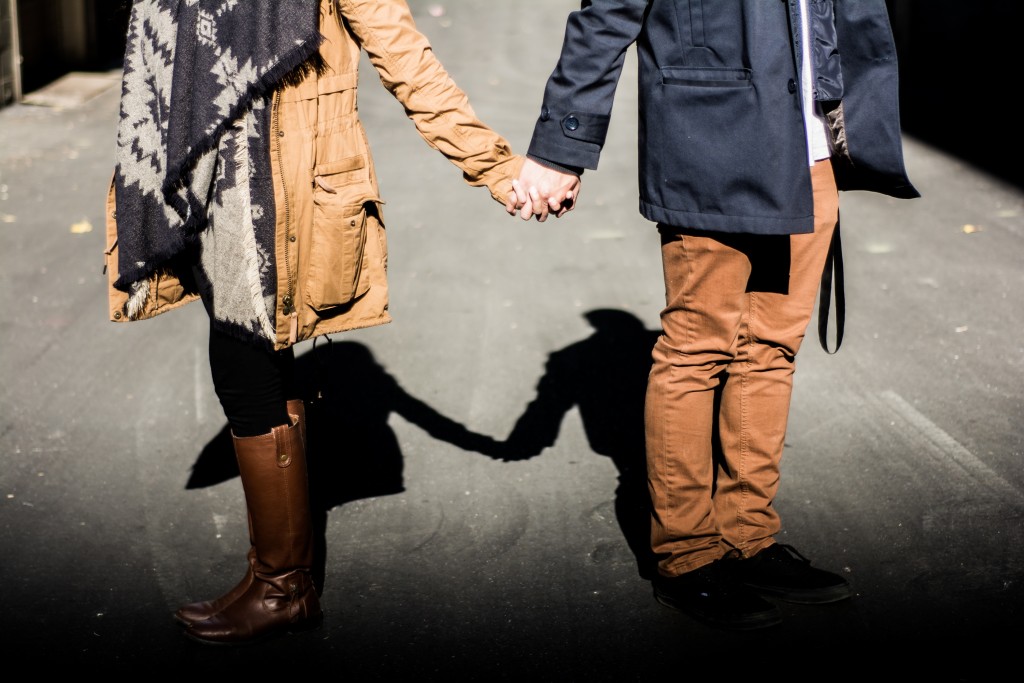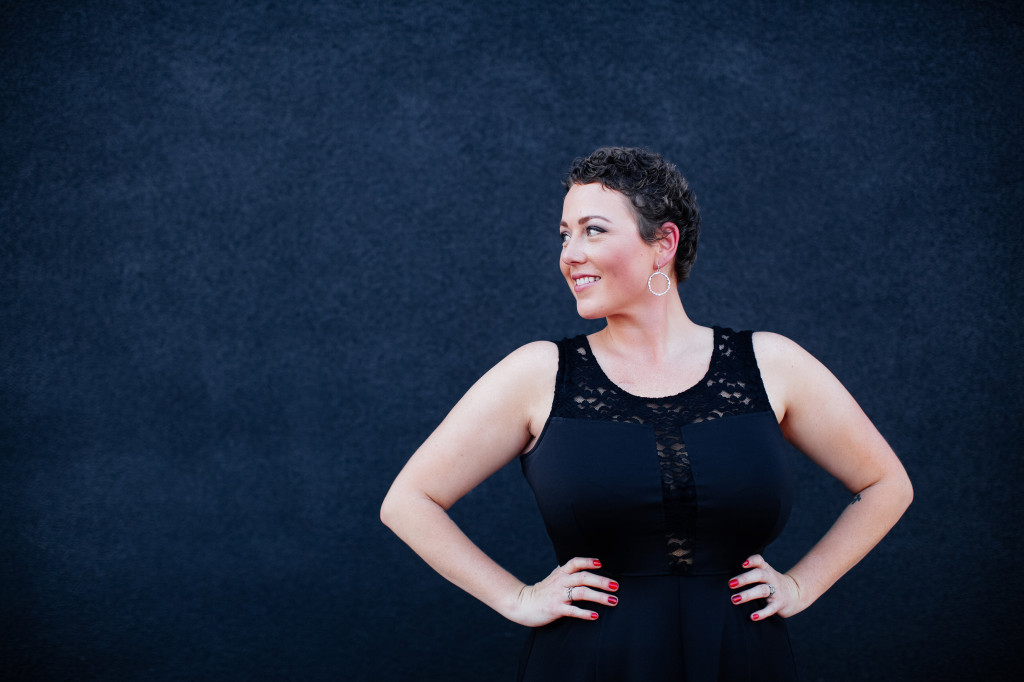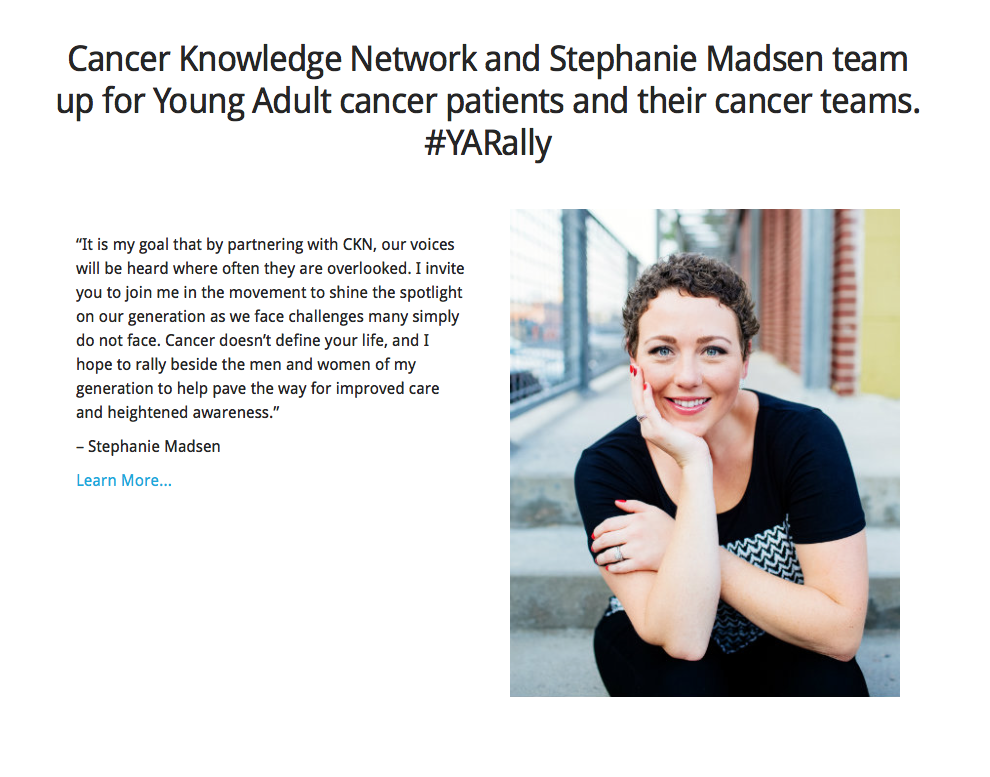
(As seen in Cancer Knowledge Network’s, #YARally)
Dating
Finding “the one” in a world of seven billion can be a daunting task. Sifting through people while searching for compatibility, meeting with strangers for awkward conversation, and allowing yourself to be vulnerable with someone you hardly know is not for the faint of heart. As if dating isn’t difficult enough, dating with cancer can prove even more challenging.
Among everyday issues like discovering who we are and what we are meant to do with our lives, young adults face a variety of life changing decisions. We are completing education, paving a way for our future, and stepping into our careers. We are establishing friendships and seeking long term commitment and love. We are eager and expectant and ready to begin the next chapter with someone by our side. Yet as a young adult facing a cancer diagnosis, beginning romantic relationships can be complicated.
When diagnosed as a young adult, dating often gets put on hold. You become engrossed in your treatment plans and immersed in the grief that follows your life-altering news. Though many soon discover that a diagnosis doesn’t have to prevent you from living a fulfilling life, when the time comes to step out into the sea of dating once again, some young adults feel paralyzed about where to begin. Having a cancer diagnosis is like wearing a neon name tag. We stand out. Whether physically, emotionally, or simply by circumstance, we are different than our potential suitors. Therefore, we have a few more things to keep in mind when introducing ourselves.
Choosing when to share your medical history is an important factor to consider when entering a relationship. Sharing a diagnosis on the first date may frighten someone. Waiting too late may cause feelings of betrayal and dishonesty. Many don’t want to be labeled by a diagnosis and want to be seen for more than just a disease, but young adults should be considerate in telling others their medical journey.
Experts state that a safe guideline is to share the news on the third or fourth date. Generally, young adults should share medical history before emotional attachment begins. This allows potential partners to make informed decisions on whether or not to proceed with the relationship. Be open to both possible outcomes. Your date may be uncomfortable with everything that comes with your diagnosis, however, they may be understanding and desire to move forward. As it would be with someone you simply lack chemistry with, be okay with letting someone go. And if your potential mate is interested in continuing a relationship, foster an open and honest conversation about how cancer affects your life.
Cancer affects each young adult differently and no diagnosis, prognosis, nor side effects are the same. Most cancer survivors struggle with changes in their sexuality. Whether it’s sexual function, body image, or self-esteem, many face a multitude of challenges. When sharing your medical history with your partner, be willing to share the facts.
Chemotherapy, radiation, and surgery can cause drastic changes to sexual organs. Heightened skin sensitivity, lower sex drive, and infertility are common among young adults with cancer. Being open with your partner will help guide your relationship into a deeper understanding for one another. Always remember that intimacy is much more than sexual intercourse. Communication, trust, and commitment are conduits to intimacy as much as physical touch is.
Marriage
Some view me as lucky. My husband and I had been married for a year and a half when I received the news that I had an aggressive gynecological cancer. However, the fact that I was already in a healthy, stable, and committed long term relationship upon diagnosis did not make receiving the news or handling the journey easier. Cancer amplifies hurts and wounds, as much as it does love and respect.
Unfortunately, many marriages do not survive the trauma, heartache, loss, and difficulties that cancer brings to the relationship. Couples must work not only to save the life of the person afflicted with the disease, but also to save the life of the marriage. Each individual grieves differently, and my husband and I found ourselves at different ends of the grief scale. At times I would be experiencing deep sadness, but my husband would be experiencing anger. Other moments I would be encouraged, but my husband would be feeling frustration. My husband had hope when I had none and vice versa. Because no two people are identical in emotions and experiences, patience, forgiveness, and love are key in maintaining a healthy relationship.
Four years ago, as my husband and I sat in the car in the hospital parking lot after hearing of my diagnosis, he looked at me and said something so profound it has defined our relationship. “Some may say I didn’t sign up for this, but I did. I vowed to you, ‘in sickness and in health,’ and I’m not giving up on that promise.” Among many reasons why our marriage has thrived amidst this disease is that we simply committed to one another. To love, respect, and hold each other up. Marriages don’t have to fail after a diagnosis. They can thrive and grow into something more beautiful than you thought possible.
Relationships can be fun and they can be challenging. If you are a young adult cancer survivor and are ready to enter into a relationship, remember to be kind to yourself. Though being vulnerable is often more difficult with a diagnosis, dating requires vulnerability. Do not let fear of rejection keep you from finding love, happiness, and a fulfilling long term relationship. Keep in mind that there is someone for everyone, and though you may have to filter through some duds, you can and will find the perfect person for you. If you are a young adult married cancer survivor or spouse, remember to be gentle, patient, and forgiving. Cancer has already taken so much from you, don’t let it steal your love as well.
Philippians 1:9 (MSG)
“So this is my prayer: that your love will flourish and that you will not only love much but well. Learn to love appropriately. You need to use your head and test your feelings so that your love is sincere and intelligent, not sentimental gush.”



